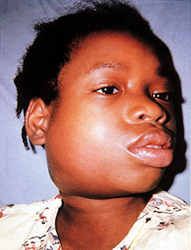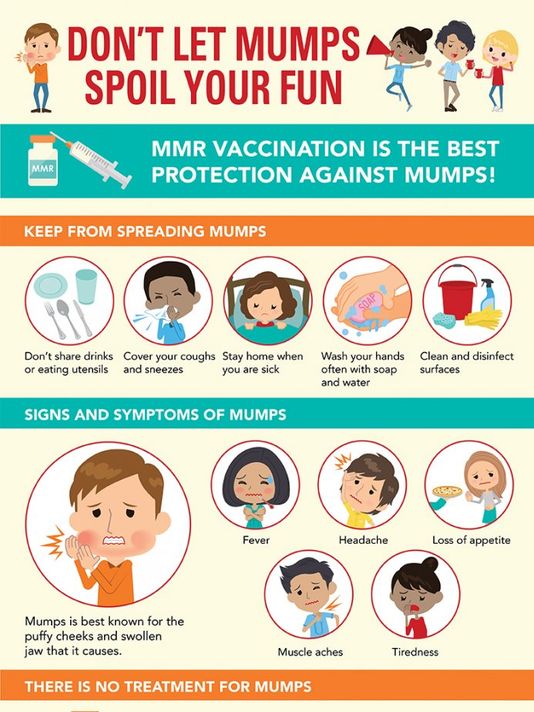
A: If you are concerned that your child may have mumps, your first step should be to visit a doctor. A diagnosis of mumps is made by testing the patient’s blood for antibodies against the mumps virus. A positive test is called mumps-positive and shows that the patient has mumps. However, if the tests fail to confirm the diagnosis, the patient must wait for the results from one or more of the following tests:
B: The human papilloma virus, or HPV, can cause many different types of cancer in adults, including cervical cancer. If you suspect that you have HPV and have had an outbreak of the virus, it is important that you visit your doctor to confirm the diagnosis.
C: There is no known cure for the virus that causes mumps. Doctors recommend that parents provide their children with vaccination before they go off to school, as children who are vaccinated have a much lower risk of developing mumps as they grow older.
E: A vaccine for women against mumps is currently being developed and is expected to be ready for use in 2020. It will protect against both mumps and its relative, the varicella-zoster virus. There are no reports of serious vaccine-related side effects, but women who receive the vaccine should stay healthy with good personal hygiene, proper clothing, and avoid sharing clothing with infected men.
F: Most people who have mumps symptoms experience mild to moderate pain. However, a person with a weakened immune system may also experience fever and swollen lymph nodes.
H: A person with mumps symptoms may experience severe pain and inflammation, as well as abnormal growths on the mucous membranes. When scraped, the growths can bleed, which can cause severe pain and swelling in the throat.
I: If mumps symptoms persist, doctors may prescribe medications, including: Antiviral drugs to kill the mumps infection and help reduce pain and swelling. Anesthetic medicine that relieves pain where fluid accumulates when fluid flows out of the body.
J: Mumps can be prevented in several ways. Vaccines are now available that can help prevent the virus from growing and spreading in humans. They can also prevent foodborne transmission of infection between humans and animals https://sarjana.co.id/.

L: Avoid touching any part of your body that may be affected by the mumps. This includes your head or mouth. Do not let your children touch other parts of your body if they have been infected with mumps.
M: Mumps is caused by an infectious virus known as the human papilloma virus (HPV). People with weakened immune systems are at higher risk of catching the virus than people with normal immune systems. So, the best prevention is to maintain a healthy weight and a healthy immune system, and be diligent about avoiding infections.
N: The mumps virus cannot be transmitted by coughing or sneezing. However, it is still possible to pass the virus through saliva. This can happen when coughing, laughing or sneezing, or sharing a towel, toy or similar article.
Q: How can you get tested for the mumps? The Centers for Disease Control and Prevention (CDC) recommends that you go to your doctor if you or your child shows signs of the mumps or any other symptoms.
R: Your doctor may suggest that you go to the hospital if you develop symptoms of the virus. There are three main ways to test for the mumps: DNA testing, PCR testing, or polymerase chain reaction (PCR) testing.
DNA testing is done by extracting samples of the virus from the patient’s blood, spinal fluid or salivary glands. This method has been used to test for the virus in children and adults for several years. PCR testing works by amplifying the mumps virus with a variety of different strains and then determining how many different genes are present.
PCR testing, on the other hand, is done by placing an E-coli strain on a small piece of glass. that can be inserted into a test tube and the E-coli will be grown on the glass. When the virus replicates, the E-coli will turn into strands.
S: A mumps vaccine is not yet available, but can be taken after exposure. to the mumps virus. Make sure you understand the risks associated with it and discuss them with your doctor before using one.
Leave a Reply